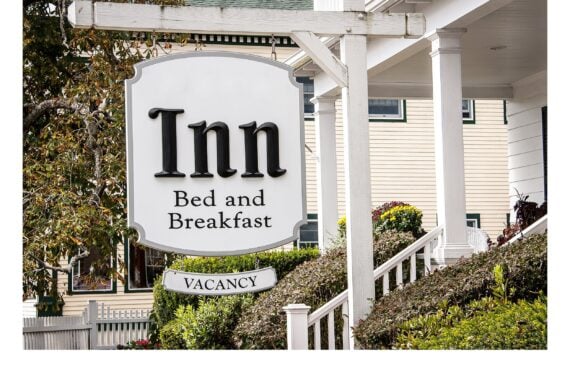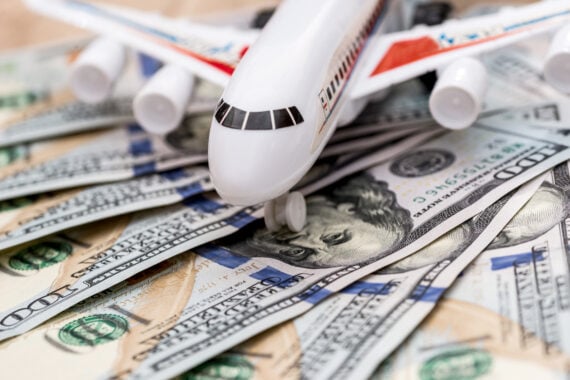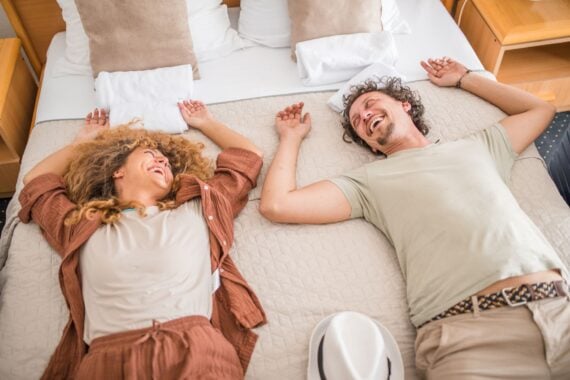There’s nothing like a quaint bed and breakfast for charm, romance, and a hearty home-cooked meal to start the day. But for some, the drawbacks of a B&B vastly outweigh their postcard-perfect image. Whether you want to skip all that awkward chitchat with fellow guests or prefer diving into a fully stocked minibar while chowing down on room service, here are 13 reasons you might be better off at a hotel.
YOU LIKE CONSISTENCY
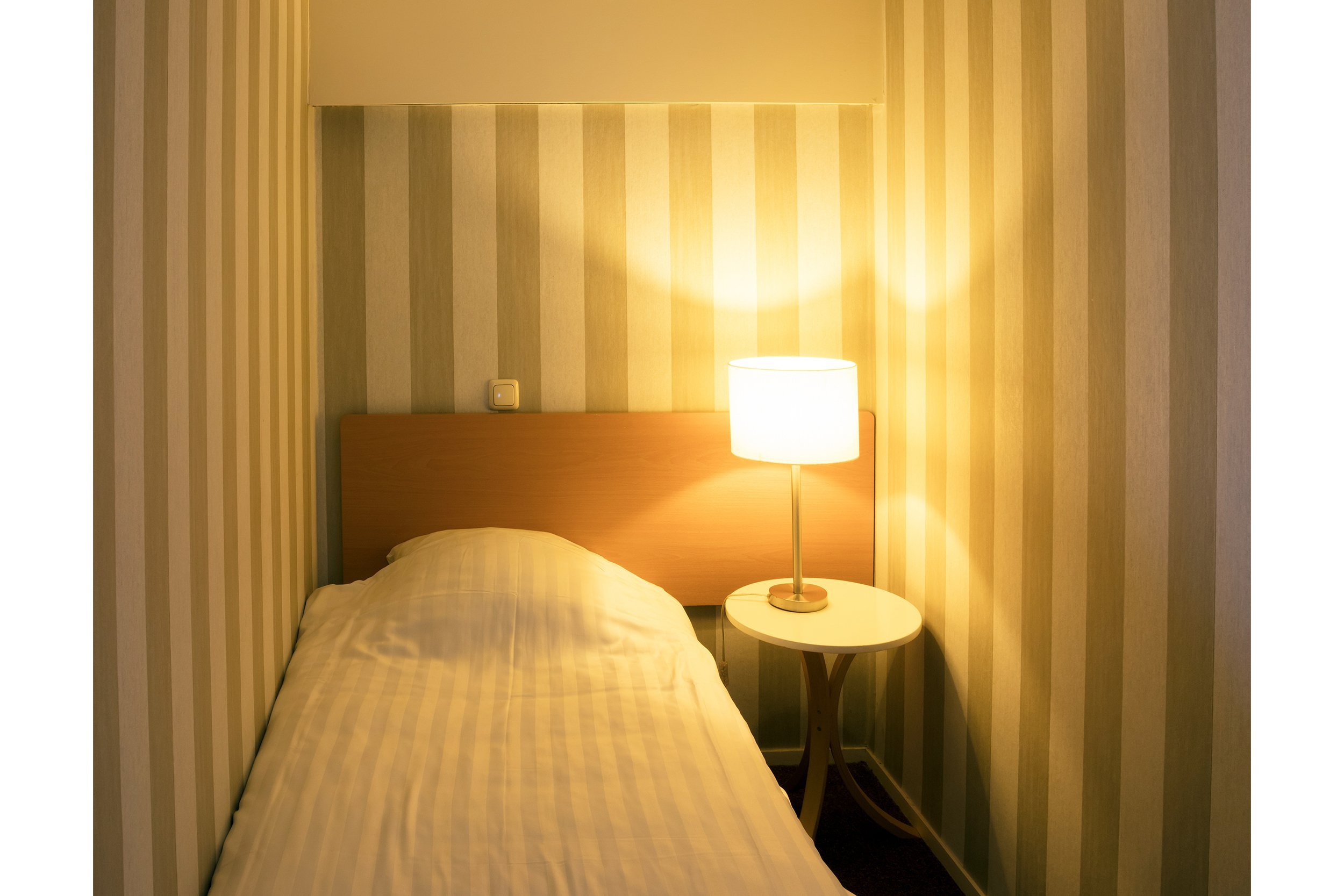
Hotel rooms are often formulaic and sterile, but for some, that’s a plus — after all, there are no surprises. A bed and breakfast room is more of a question mark. It could be a luxurious affair with a plush king-size bed and top-notch linens, or a rustic room time forgot with a lumpy full-size mattress and little natural light. Inspect photos carefully before booking, but remember that they don’t always tell the whole story.
YOU NEED PRIVACY

Anonymity is the name of the game at a hotel chain. After check-in, there’s little need to see or speak to anyone again. But at a B&B, chances are you’ll be making small talk with fellow guests over breakfast, at the complimentary cocktail hour, or while relaxing on the patio. Some rooms may even share a hall bathroom, which can make that emergency toilet trip plenty more embarrassing or turn a leisurely morning shower into a rude indulgence. Private bathrooms are becoming more common, but it’s worth double-checking.
YOU HATE NOISE
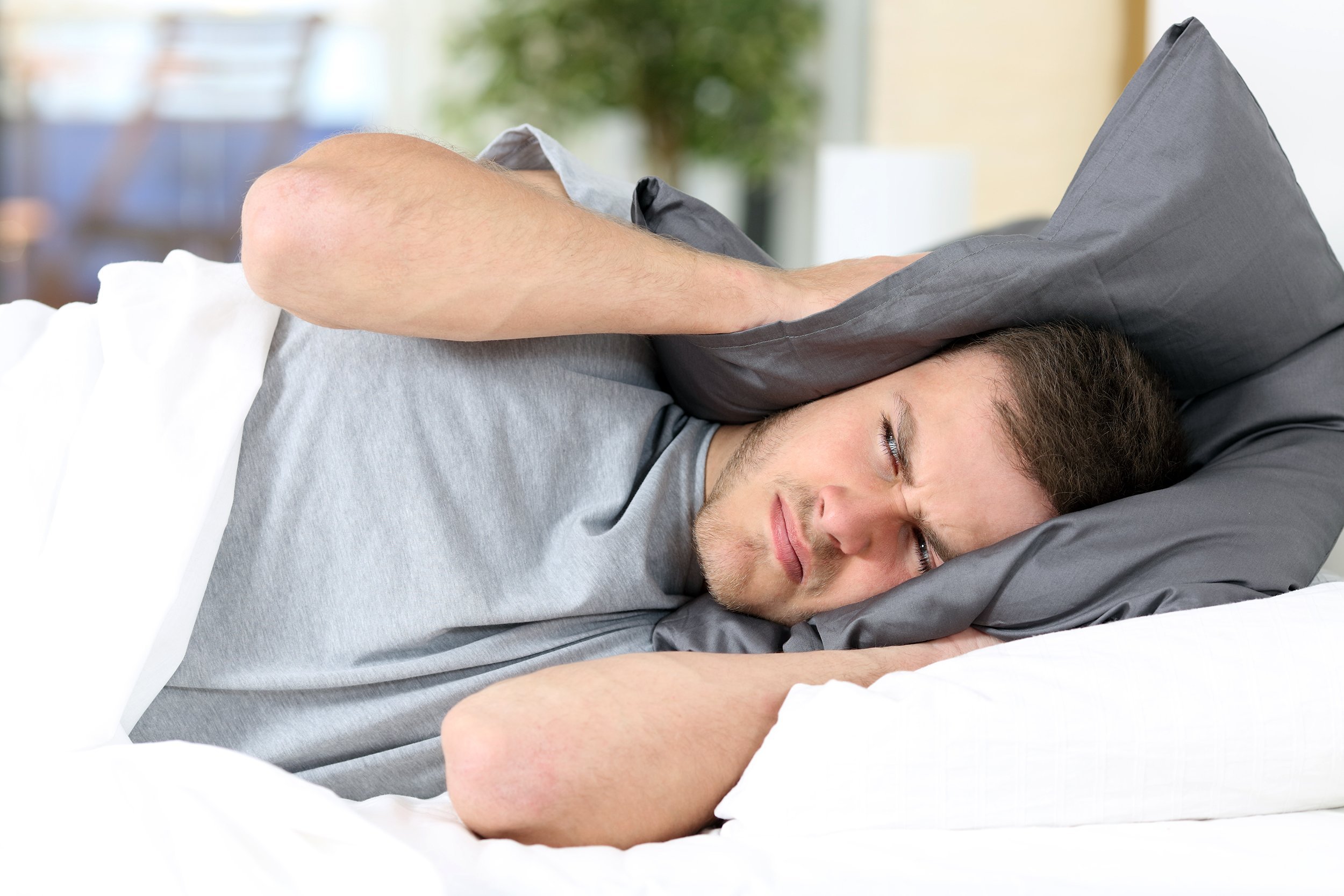
Big hotels are more likely to offer soundproofing between rooms and floors. Some high-end hotels even employ expensive materials such as triple-paned windows, thicker walls, and layers of cork flooring to cut down on noise. In a bed and breakfast, a few creaky floorboards are practically a given, and rooms may be right beside common areas where people congregate. So things must be quiet (or if you, ahem, plan on a noisy night yourself) reconsider the B&B.
YOU HAVE LIMITED MOBILITY
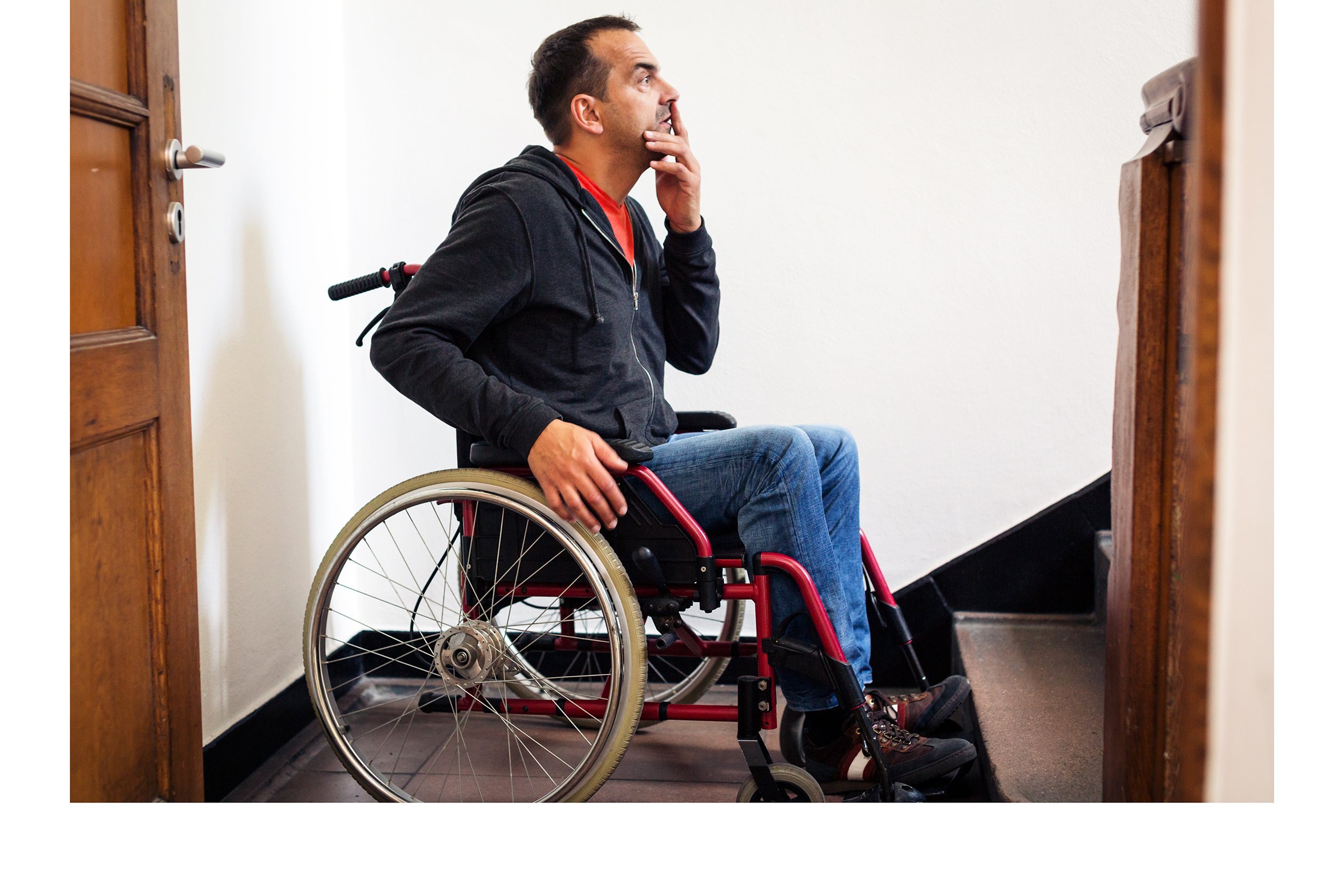
Any sizable hotel will have elevators, wide hallways, and handicapped-accessible rooms that should be easy to navigate for any guest — “places of lodging” must comply with the American with Disabilities Act if built after early 1993. But historic bed and breakfasts probably won’t have an elevator, and accessibility will vary widely. That makes it especially important to call and double-check before booking what needs can be accommodated.
YOU’RE ALL ABOUT REWARDS

Whether you’re just a few stays from Gold Elite status with Marriott or Globalist status with Hyatt, frequent travelers can rack up nice perks with hotels’ rewards programs. That’s especially tempting considering most big hotel chains have travel partners such as airlines and car rental companies where points carry over. There is a small rewards program for bed-and-breakfast loyalists called Select Registry, but it counts only about 240 B&Bs as members.
Trending on Cheapism
YOU HAVE DIETARY RESTRICTIONS

Any bed and breakfast worth its salt should ask about dietary preferences, whether it’s a lifestyle choice or a life-threatening intolerance. Still, if omelets are out because they give you hives, it’s your responsibility to give innkeepers advance notice. Forget and you might be out of luck, with nary a hotel breakfast buffet in sight. (You may even want to bring some breakfast food, such as cereal.)
YOU HAVE BIG-TIME ALLERGIES

Sure, allergies can be a problem anywhere — even at a chain hotel. But if you know you’re ultra-sensitive to something, whether that’s pets, dust, or certain scents, a B&B can be more of a wild card. Some have proclaimed themselves “allergy-free,” but it’s not something to take for granted — especially given that many B&Bs pride themselves on their furry “animal innkeepers.”
YOU’RE TRAVELING WITH KIDS

Yes, there are some family-friendly B&Bs, but as Today notes, most “would prefer children stay far away from their cozy retreats.” Some even stipulate that kids aren’t allowed, or limit them to certain ages. A hotel is more likely to have rooms big enough to accommodate parents with children, guests who expect to see families (not just couples), kid-friendly food, and fewer breakable knickknacks to tempt tots.
Sign up for our newsletter
YOU LIKE A FLUID SCHEDULE
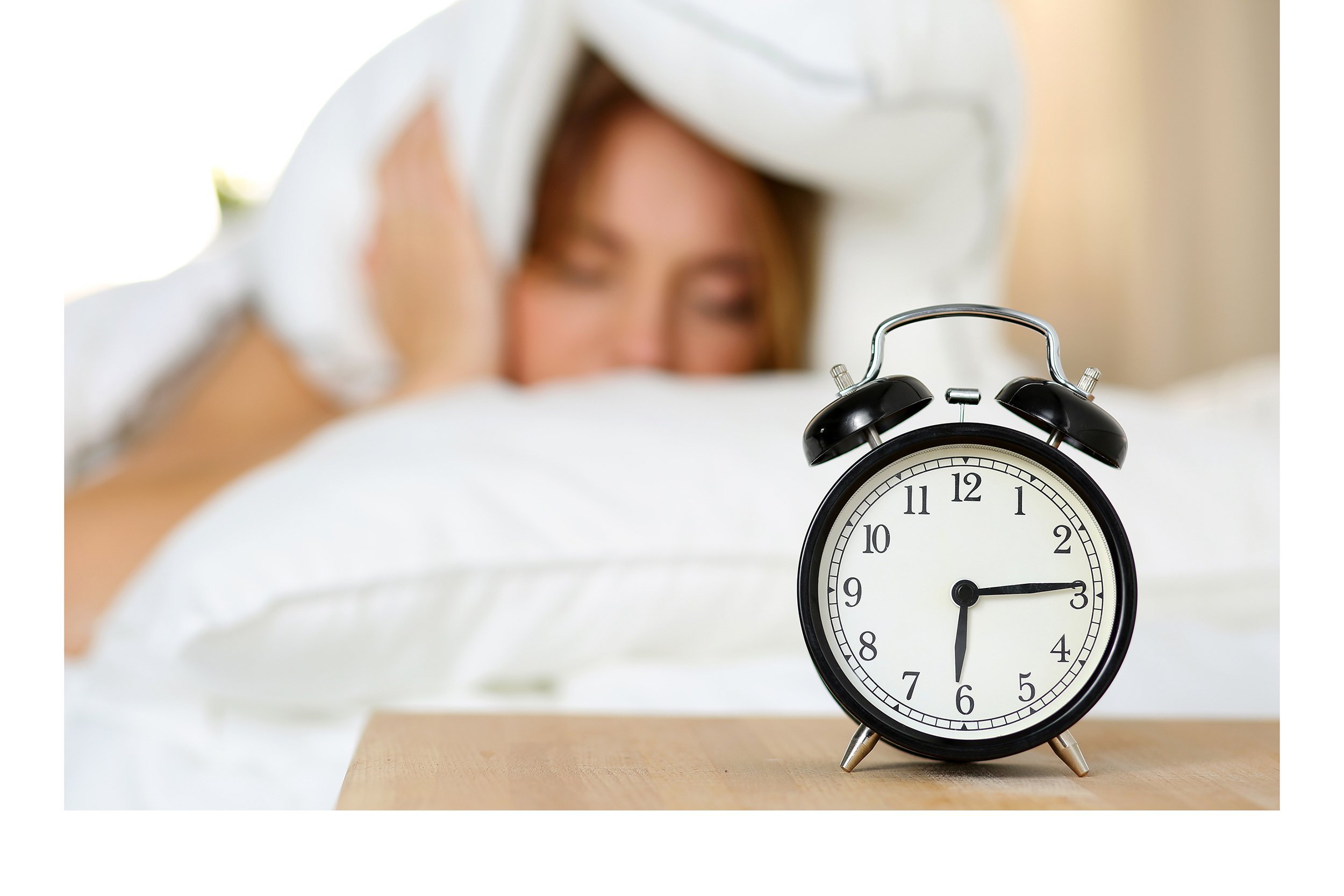
The typical bed and breakfast isn’t super flexible about check-in and check-out. If you plan on getting in early — or very late — make sure to arrange it in advance. And don’t expect that late checkout, which is so often a gimme in a big hotel. Breakfast is typically served at a set time, though there may be a couple of times to choose from at larger B&Bs. If reporting for breakfast promptly at 8 a.m. cramps your style, a hotel might be a better choice.
YOU NEED AMENITIES
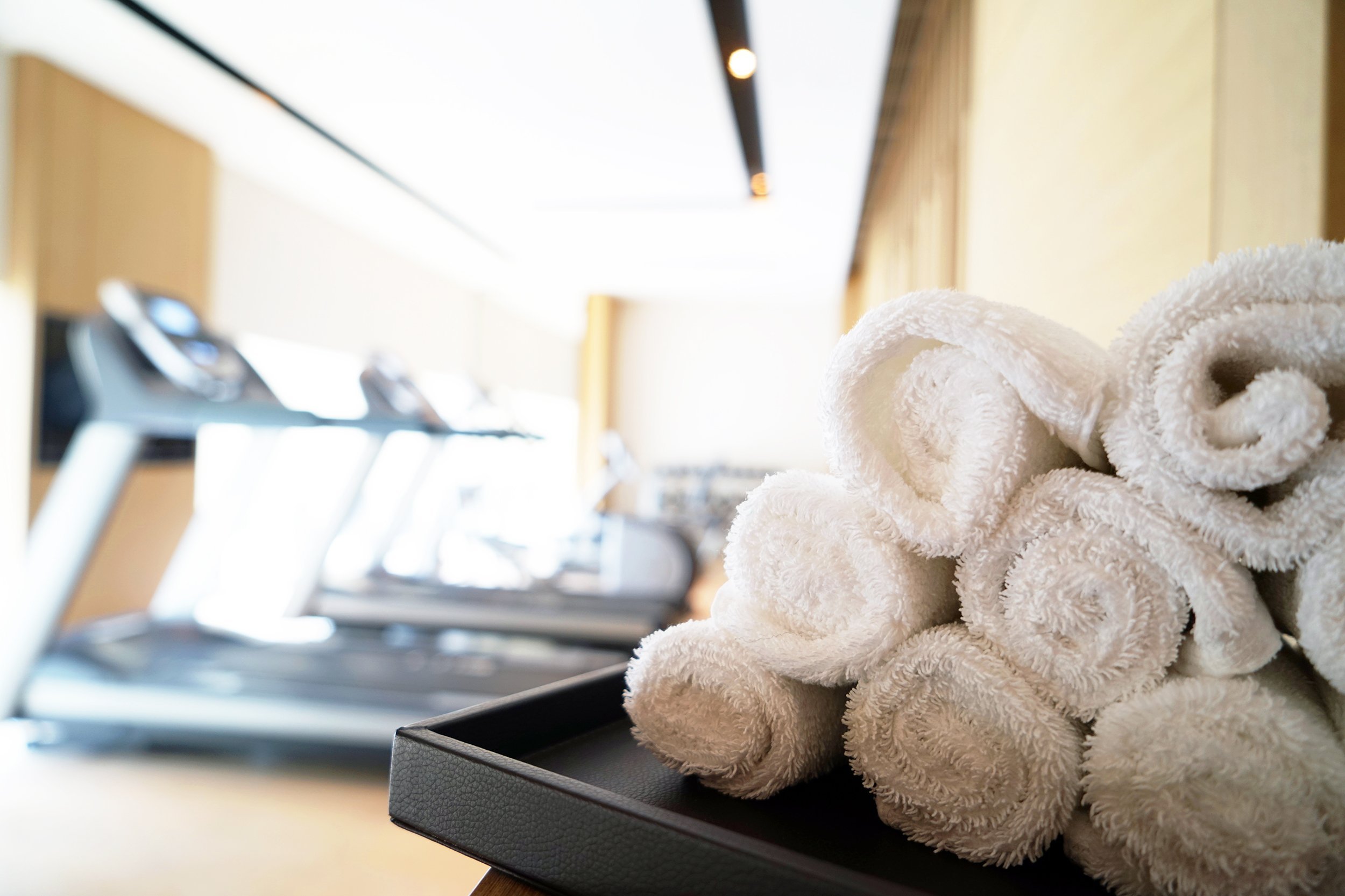
Perhaps you’re always up early to exercise, sneaking in 5 miles on the treadmill or a dip in the pool. Maybe you can’t fathom traveling without a fully equipped business center, 24-hour room service, or a minibar. A small bed and breakfast simply can’t provide the range of amenities that a big hotel can, so double-check any deal-breakers — including whether the Wi-Fi is reliable — before booking.
YOU PREFER THE BEATEN PATH
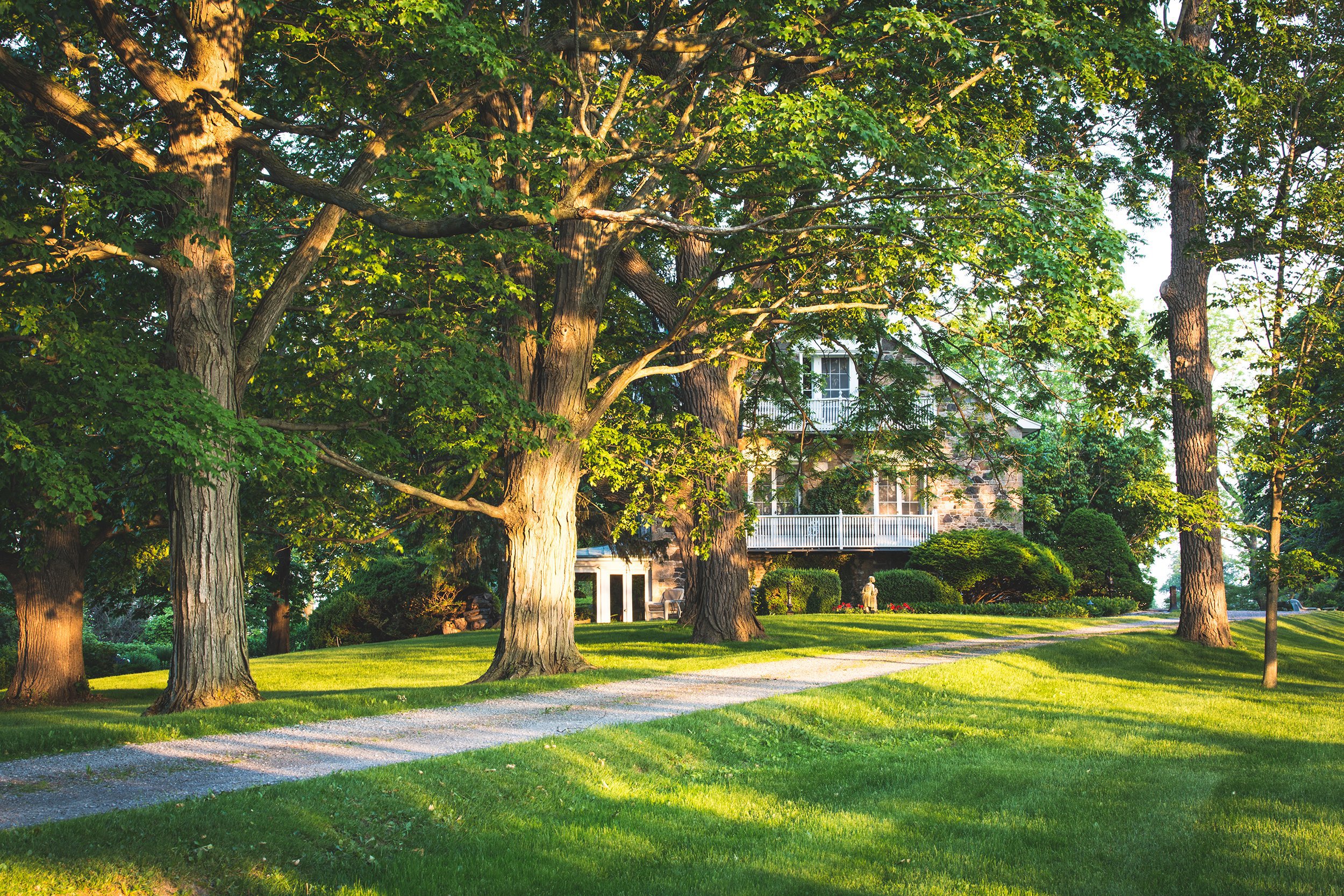
Hotels like to crow about how close they are to the action, whether that’s downtown attractions, shopping, or conveniences such as Starbucks or a mega mall. A major highway may even be a stone’s throw away. A B&B, on the other hand, is just as likely to brag about being tucked away on a country road or perched on the coast, away from the crowds. If proximity to stores, activities, or major roads is important, be careful when choosing a B&B.
YOU’RE NOT A ‘RULE FOLLOWER’
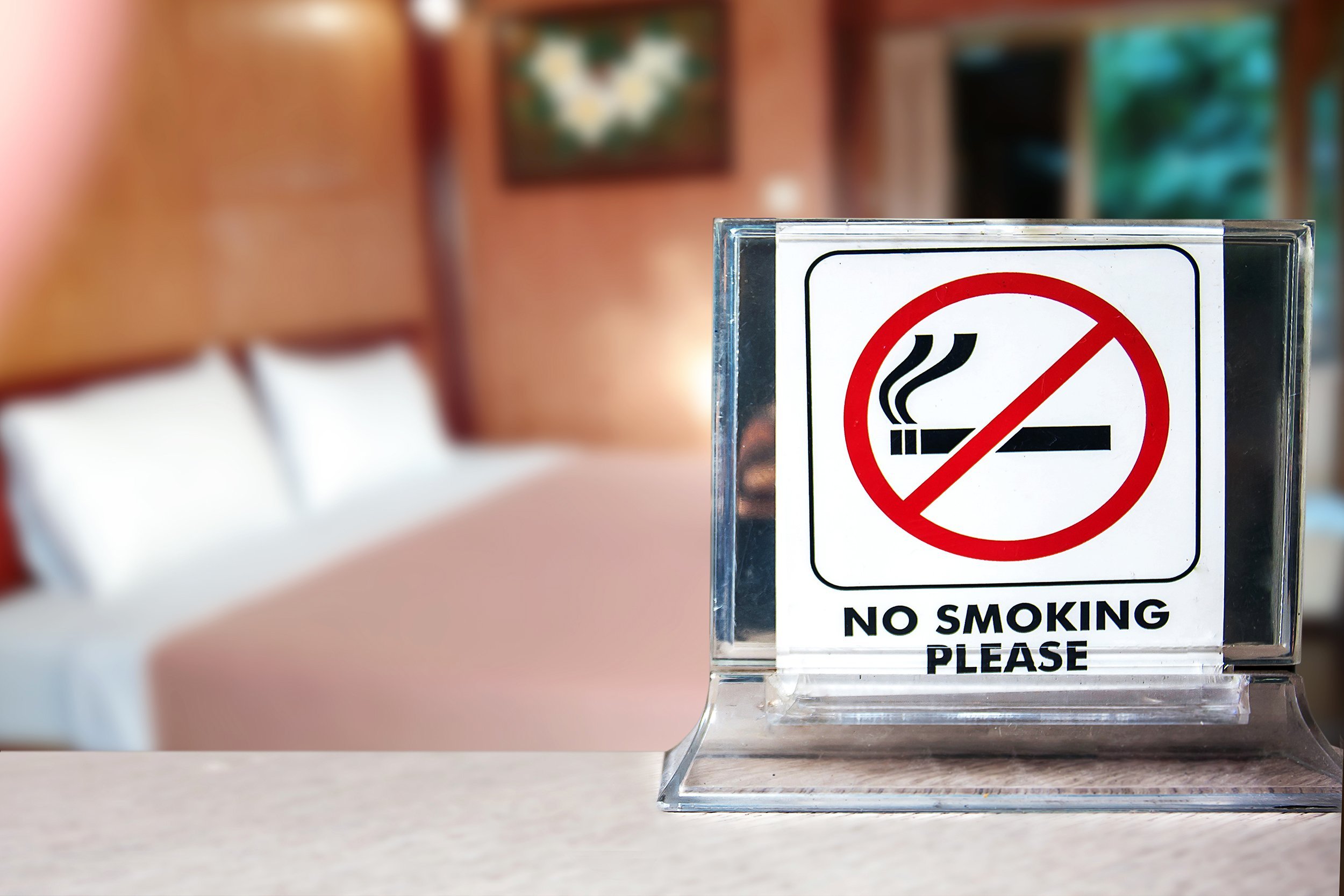
Bed and breakfasts are likely to have certain policies, often known as “house rules,” about guest conduct. There are likely to be quiet hours, and some B&Bs won’t allow guests to bring visitors who aren’t staying at the B&B themselves. Smoking is also likely to be a no-no. Last-minute cancellations, often tolerated by big hotels, are likely to result in a big fee at a bed and breakfast — even the entire amount of the stay, in some cases.
YOU WANT TO PAY BOTTOM DOLLAR

Just like hotels, B&Bs run the gamut: Some may be ultra-luxurious, while others will be more basic. Smarter Travel cautions that lower-tier B&Bs are still likely to be a bit costlier than the cheapest hotels or motels, though, and it may be harder to nab a discount. Seniors, AAA members, or others who regularly pay lower rates at hotels will probably be stuck paying the listed rate at a B&B, which doesn’t have the same profit margins of a large hotel chain.
